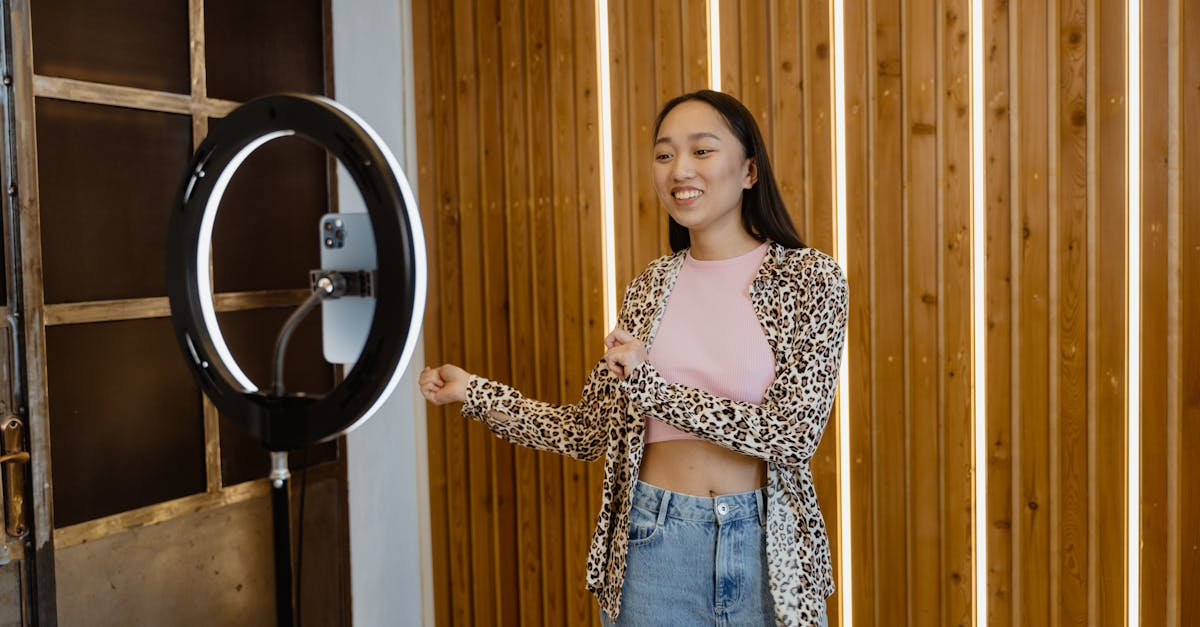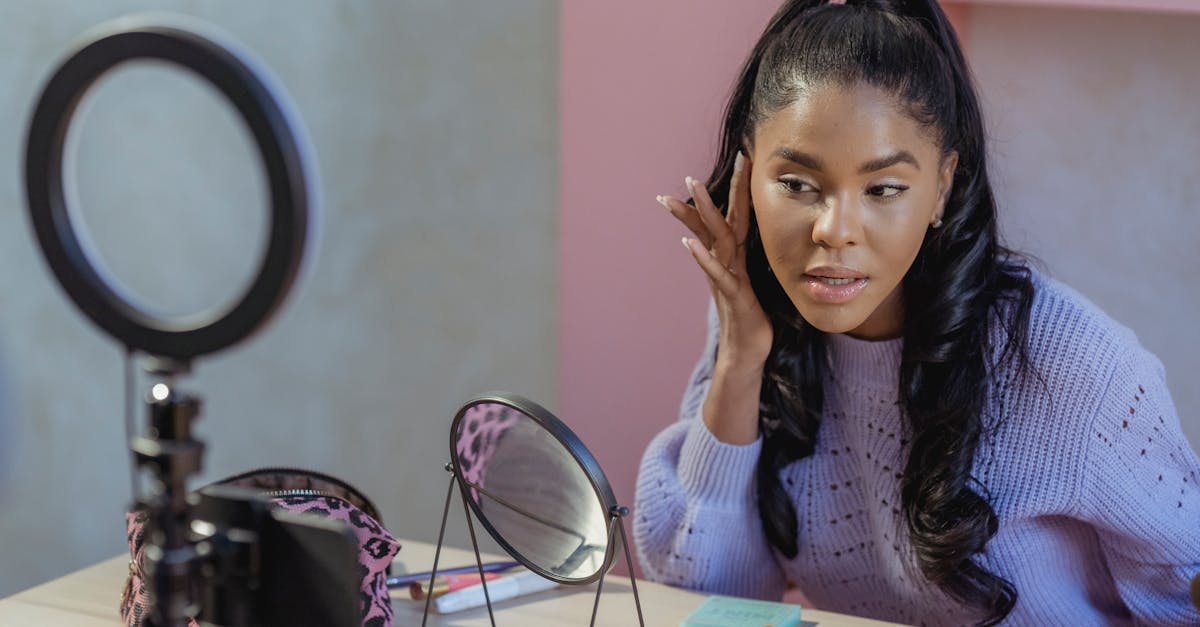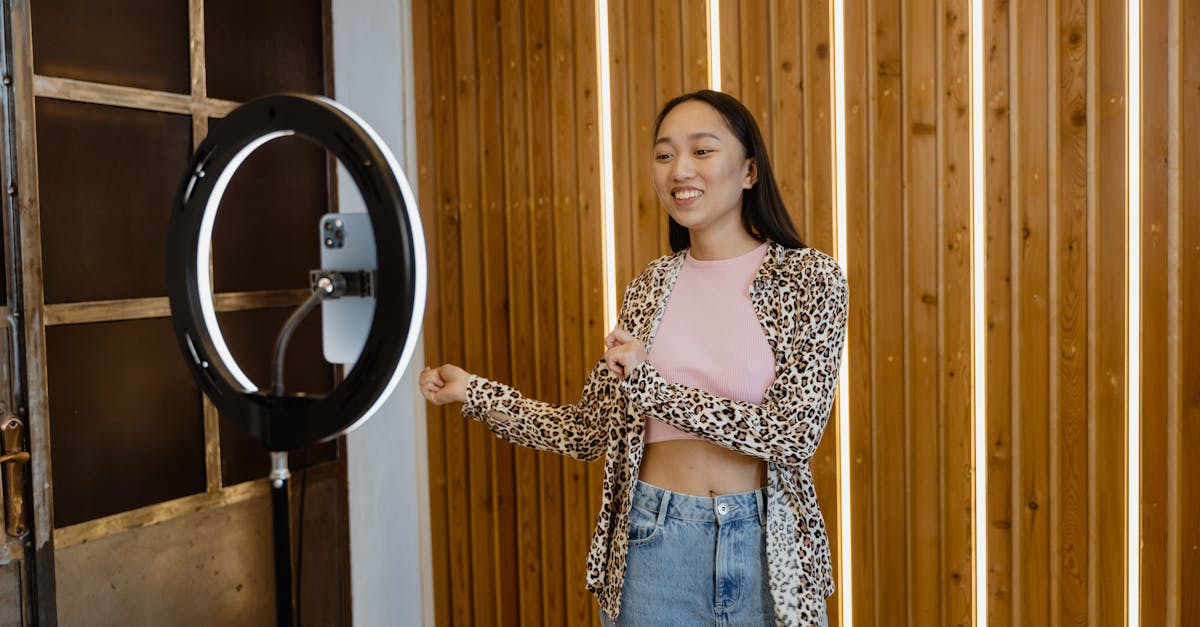The Influence Of Social Media On Beauty Standards In 2024
Introduction
In the digital age, social media platforms wield considerable influence over global beauty standards. With billions of users worldwide, these platforms have the power to shape perceptions of beauty by promoting specific aesthetics. This article explores how, in 2024, social media continues to redefine what is considered beautiful.
Advertisement
The Evolution of Beauty Ideals
Social media has rapidly transformed the landscape of beauty ideals over the past decade. Influencers, with their massive followings, have become the new tastemakers, often dictating trends that reach global audiences. This evolution sees a shift from traditional media-driven standards to more diverse narratives shaped by online communities.
Advertisement
The Role of Influencers
In 2024, influencers remain a driving force in establishing beauty norms. These individuals showcase curated lifestyles and beauty routines, setting standards that followers aspire to achieve. The reach and influence of social media figures mean they can introduce and popularize trends virtually overnight.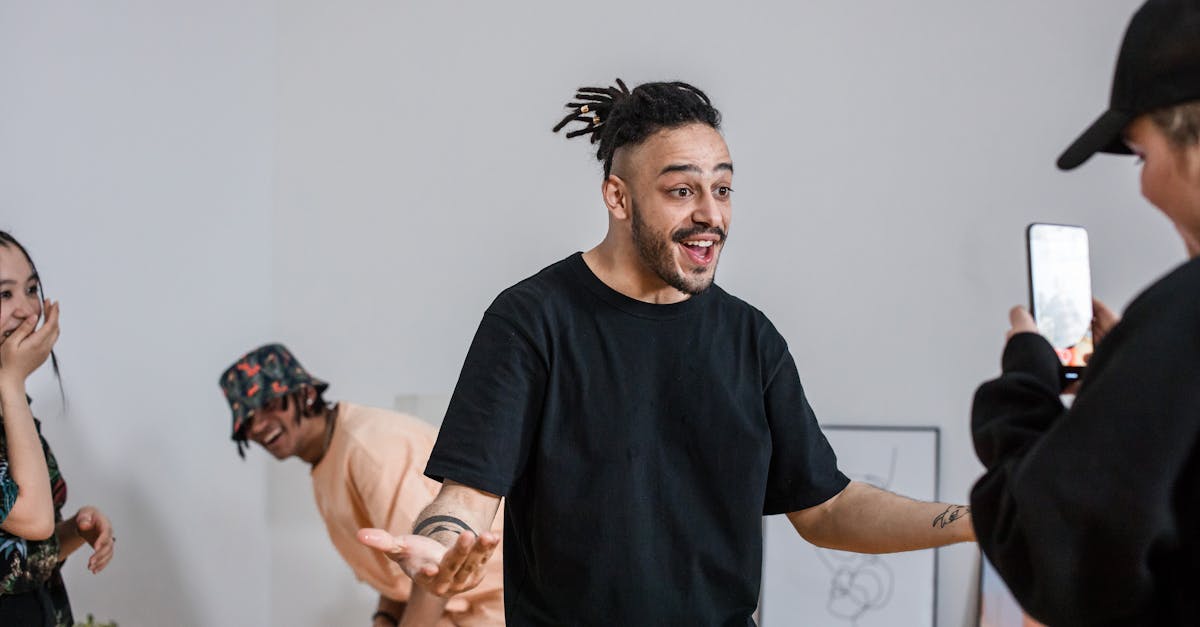
Advertisement
Technology and Filters
Augmented reality (AR) filters and beauty apps have become staple tools on platforms like Instagram and Snapchat. These technologies allow users to experiment with altering their appearance digitally, thus impacting their perceptions of 'ideal' beauty. While they offer creative expression, they also perpetuate often unattainable beauty standards.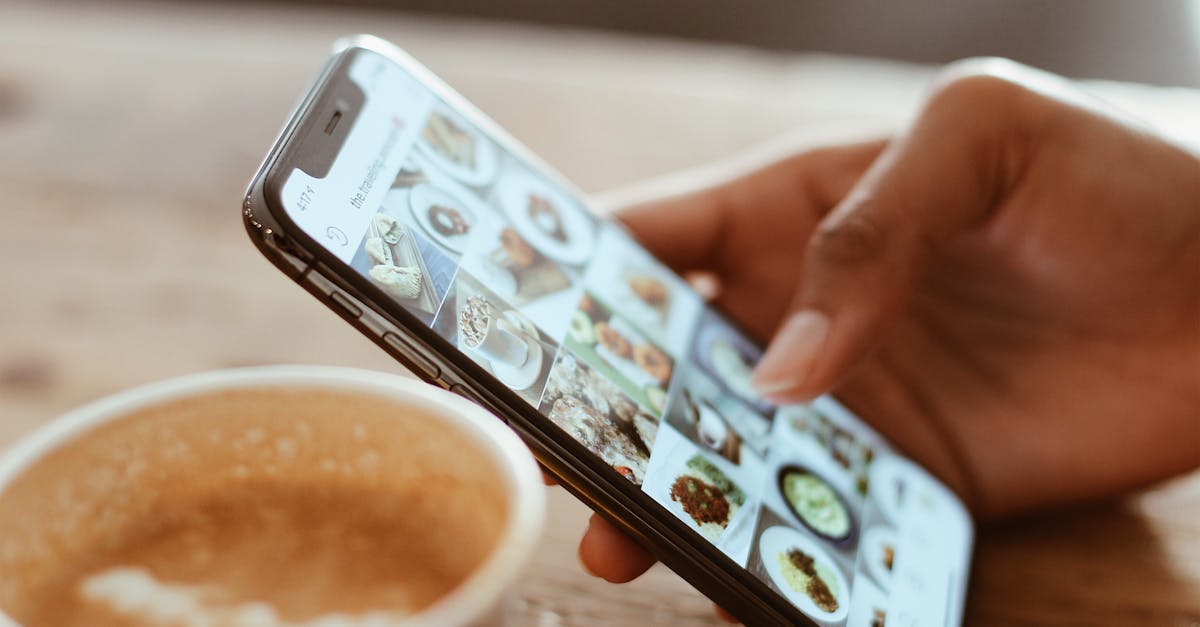
Advertisement
Cultural Variance
Social media's global nature means that beauty standards are no longer restricted to one region or culture. Platforms expose users to diverse beauty norms, allowing for a richer and more inclusive concept of beauty. This multicultural exposure can broaden perspectives and challenge homogeneous beauty ideals.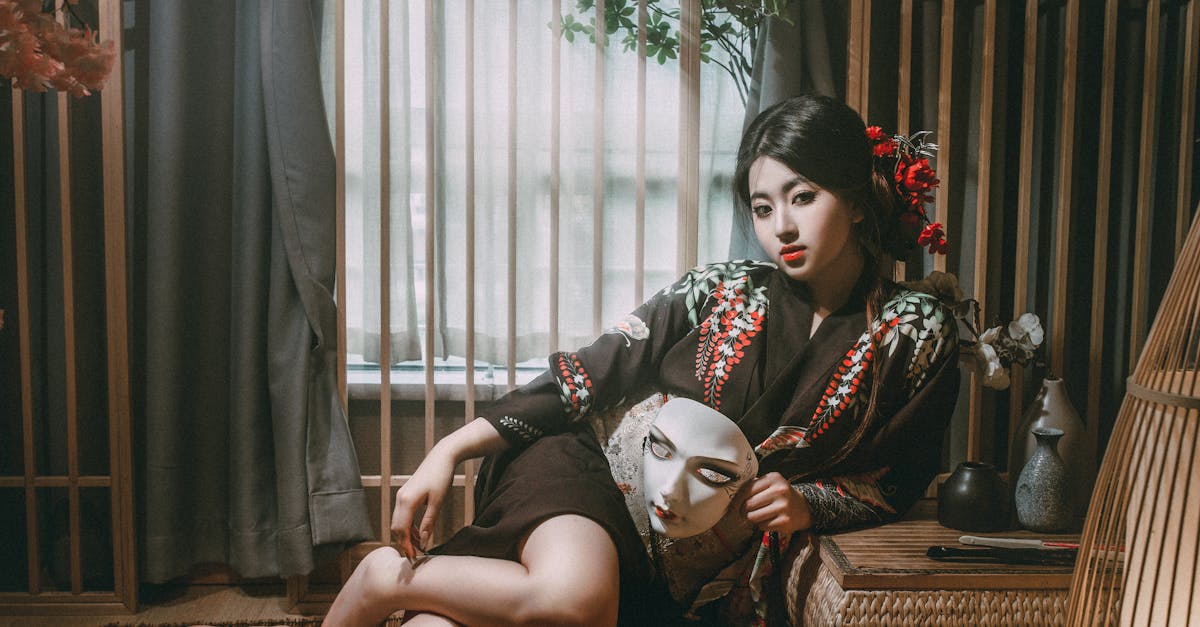
Advertisement
The Pressure of Perfection
Despite the benefits, social media often exerts pressure to achieve a flawless appearance. Constant exposure to polished images can lead to an unhealthy obsession with appearance, contributing to issues such as body dysmorphia and low self-esteem. In 2024, these psychological impacts remain a critical concern.
Advertisement
Emerging Counter-Movements
In response to unattainable standards, movements advocating for authenticity and natural beauty are gaining momentum. Campaigns like "no-filter" challenges encourage users to embrace their natural selves. These efforts aim to foster self-acceptance and challenge the narrative of perfection perpetuated by social media.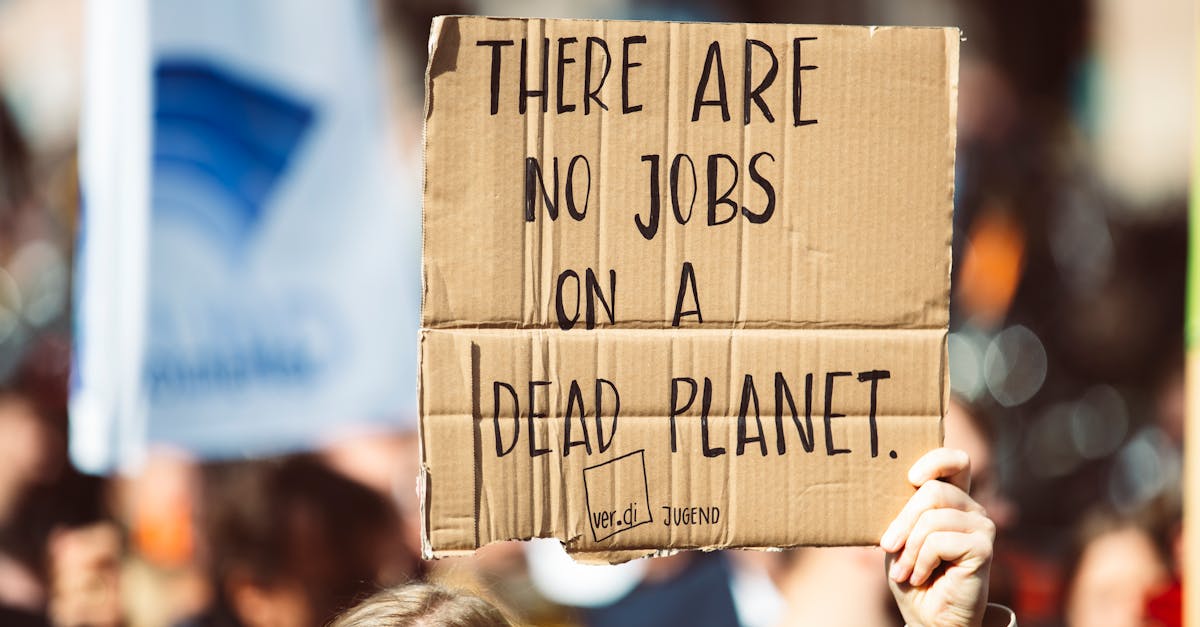
Advertisement
The Influence of Algorithms
Algorithms play a pivotal role in what content users see, often prioritizing images that conform to popular aesthetic standards. This curation impacts user perceptions by amplifying certain beauty ideals over others. Understanding these algorithms' role in shaping beauty trends can empower users to seek diverse content actively.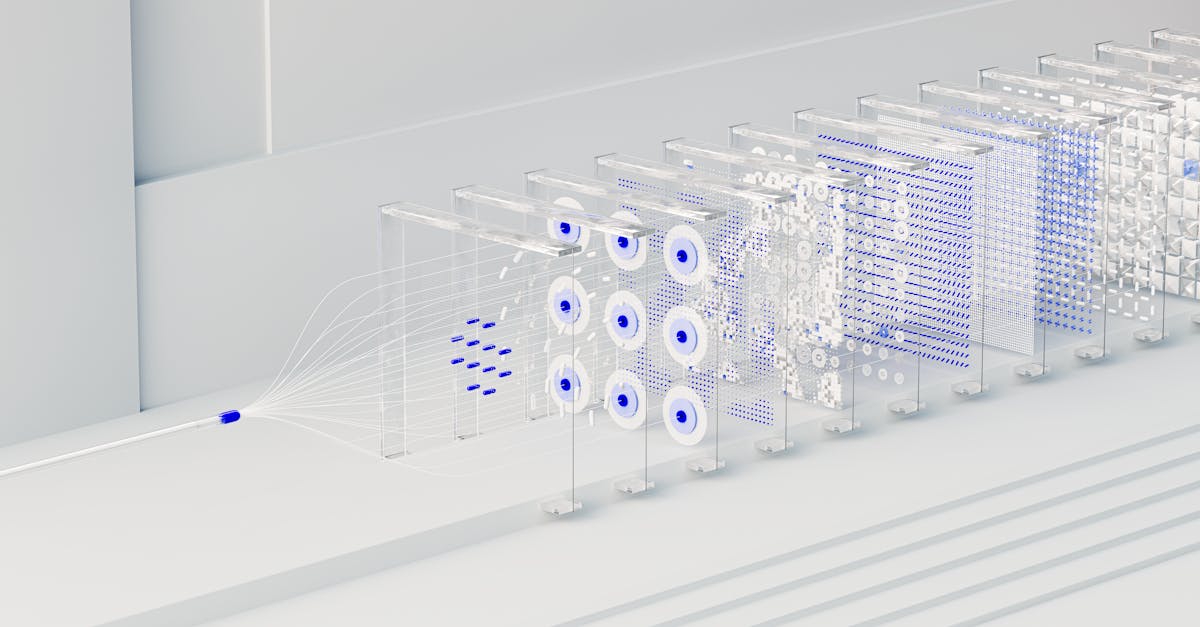
Advertisement
The Future of Beauty Standards
As technology and societal values evolve, so too will the influence of social media on beauty standards. The continuous push for diversity and inclusivity may lead to more representative and realistic beauty ideals. Platforms will likely play a significant role in amplifying voices that celebrate all forms of beauty.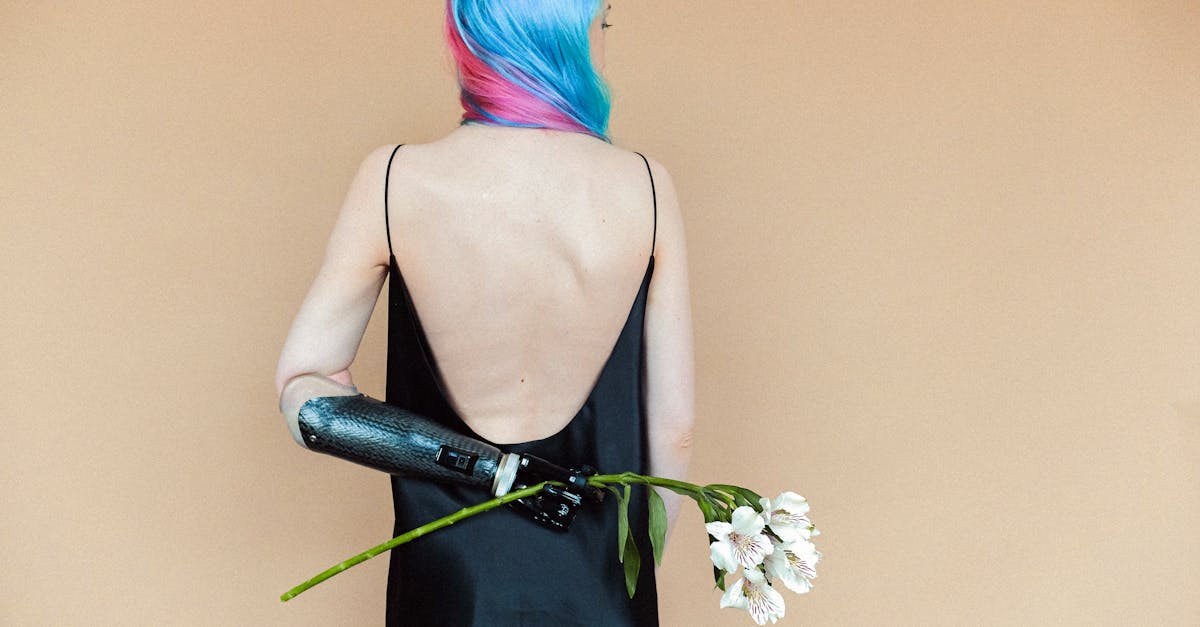
Advertisement
Conclusion
In 2024, social media continues to significantly influence beauty standards globally. While it promotes creativity and inclusivity, it also presents challenges such as unrealistic beauty expectations. Balancing these influences will require media literacy and conscious consumption, empowering individuals to define beauty on their terms.
Advertisement
